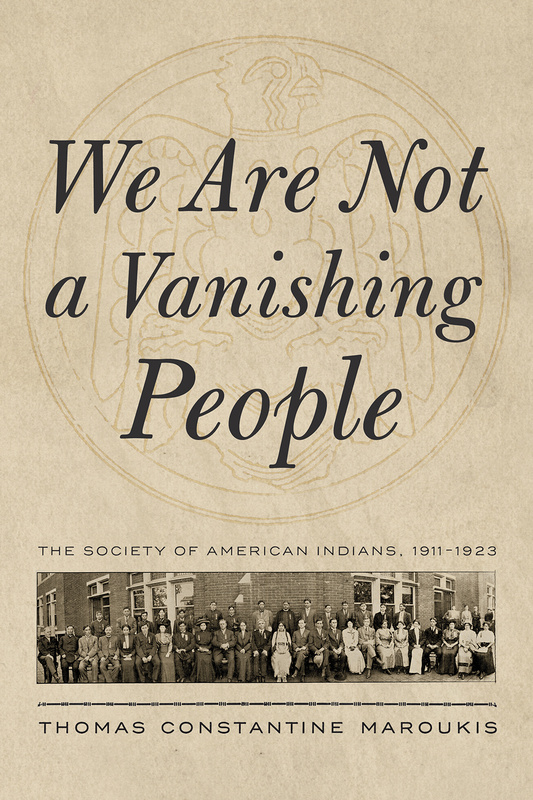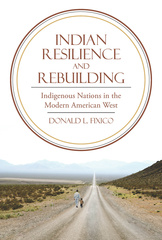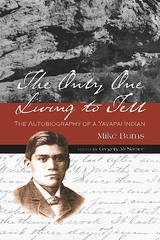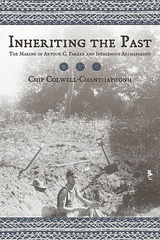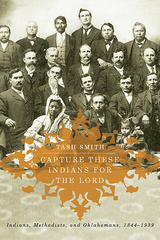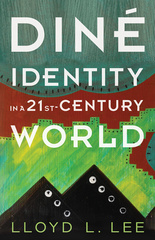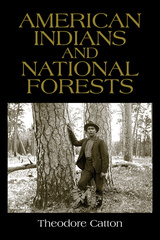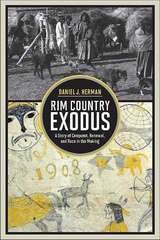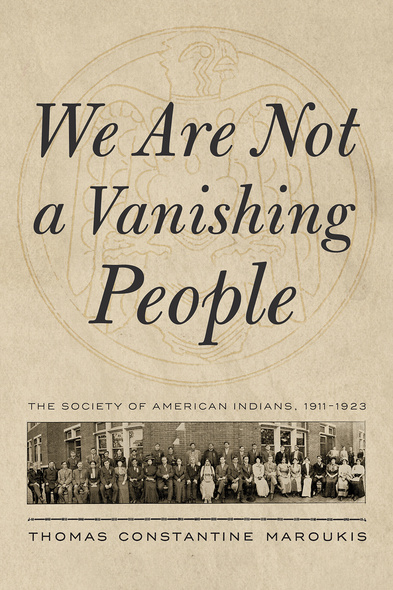
296 pages, 6 x 9
17 b&w illustrations
Paperback
Release Date:01 Jun 2021
ISBN:9780816542260
We Are Not a Vanishing People
The Society of American Indians, 1911–1923
The University of Arizona Press
In 1911, a group of Native American intellectuals and activists joined together to establish the Society of American Indians (SAI), an organization by Indians for Indians. It was the first such nationwide organization dedicated to reform. They used a strategy of protest and activism that carried into the rest of the twentieth century. Some of the most prominent members included Charles A. Eastman (Dakota), Arthur Parker (Seneca), Carlos Montezuma (Yavapai), Zitkala-Ša (Yankton Sioux), and Sherman Coolidge (Peoria). They fought for U.S. citizenship and quality education. They believed these tools would allow Indigenous people to function in the modern world without surrendering one’s identity. They believed this could be accomplished by removing government controls over Indian life.
Historian Thomas Constantine Maroukis discusses the goals, strategies, successes, and failures of the Indigenous intellectuals who came together to form the SAI. They engaged in lobbying, producing publications, informing the media, hundreds of speaking engagements, and annual conferences to argue for reform. Unfortunately, the forces of this era were against reforming federal policies: The group faced racism, a steady stream of negative stereotyping as a so-called vanishing race, and an indifferent federal bureaucracy. They were also beset by internal struggles, which weakened the organization.
This work sheds new light on the origins of modern protest in the twentieth century, and it shows how the intellectuals and activists associated with the SAI were able to bring Indian issues before the American public, challenging stereotypes and the “vanishing people” trope. Maroukis argues that that the SAI was not an assimilationist organization; they were political activists trying to free Indians from government wardship while maintaining their cultural heritage.
Historian Thomas Constantine Maroukis discusses the goals, strategies, successes, and failures of the Indigenous intellectuals who came together to form the SAI. They engaged in lobbying, producing publications, informing the media, hundreds of speaking engagements, and annual conferences to argue for reform. Unfortunately, the forces of this era were against reforming federal policies: The group faced racism, a steady stream of negative stereotyping as a so-called vanishing race, and an indifferent federal bureaucracy. They were also beset by internal struggles, which weakened the organization.
This work sheds new light on the origins of modern protest in the twentieth century, and it shows how the intellectuals and activists associated with the SAI were able to bring Indian issues before the American public, challenging stereotypes and the “vanishing people” trope. Maroukis argues that that the SAI was not an assimilationist organization; they were political activists trying to free Indians from government wardship while maintaining their cultural heritage.
This is an essential book for everyone who is interested in modern American Indian history. Thomas Maroukis examines how American Indian leaders organized, used their education (sometimes disagreed with each other), and addressed critical issues in Indian Country in the early twentieth century. He convincingly argues that these new activists pushed back against the government and voiced a clear message that Indians had not vanished!’—Donald L. Fixico, author of Indian Resilience and Rebuilding: Indigenous Nations in the Modern American West
‘In We Are Not A Vanishing People, Thomas Maroukis pushes us toward a fuller and more nuanced appraisal of the Society of American Indians, with its internal divisions, its roiling debates, and its tireless push for justice for Indigenous peoples.’—Daniel Herman, author of Rim Country Exodus: A Story of Conquest, Renewal, and Race in the Making
Thomas Constantine Maroukis is professor emeritus in the Department of History at Capital University in Columbus, Ohio. He is the author of The Peyote Road: Religious Freedom and the Native American Church.

